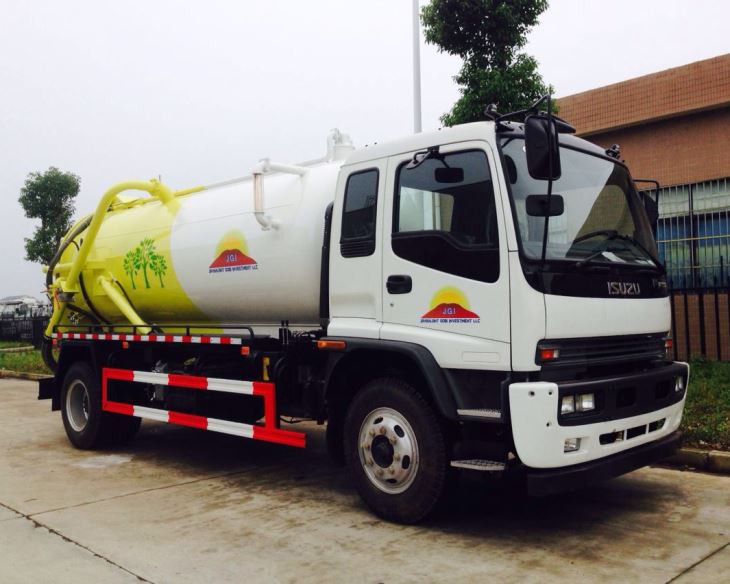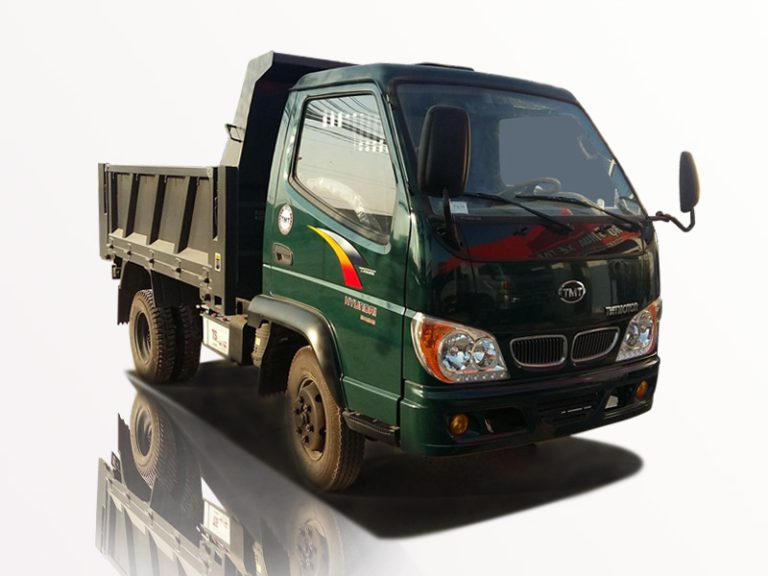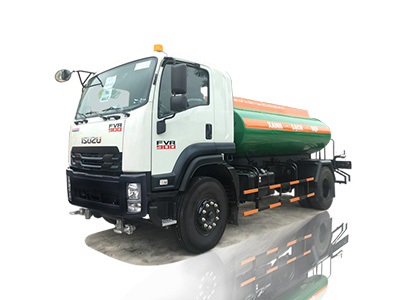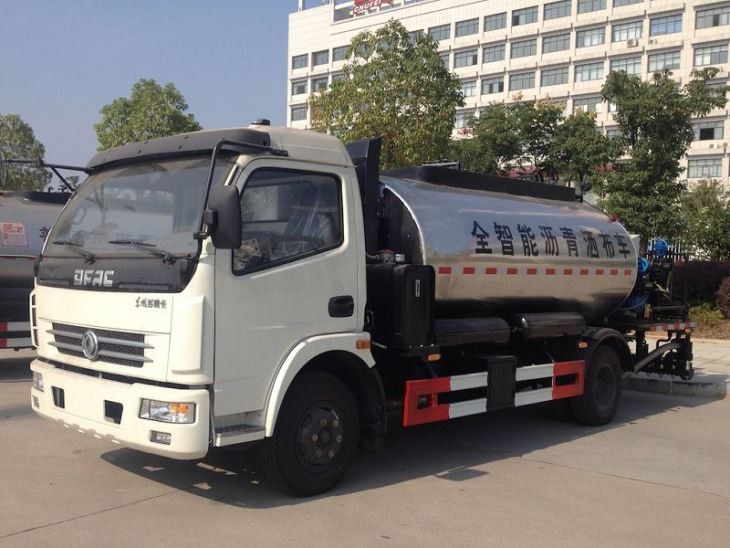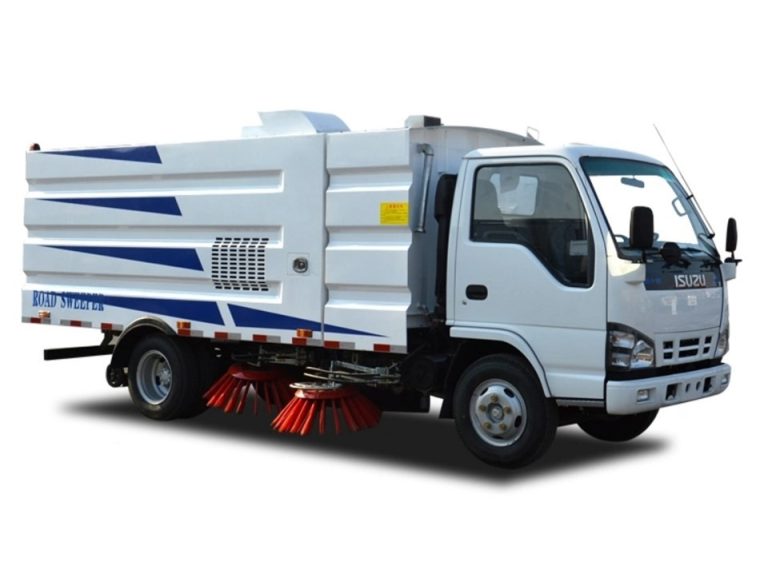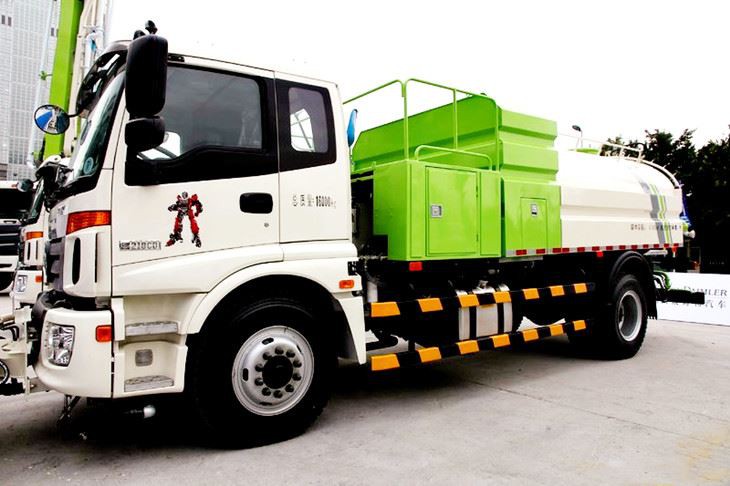When it comes to life on the road, having a reliable fridge for your trailer is crucial. Whether you’re an avid camper or a full-time traveler, keeping your food and drinks cold can make a significant difference in your overall experience. This article dives deep into the various types of fridges for trailers, key features to consider, installation tips, and much more, ensuring you make the right choice for your adventures.
Understanding the Types of Fridges for Trailers
1. Absorption Refrigerators
Absorption fridges are popular among trailer owners because they operate silently and without a compressor. They use a heat source, such as propane, to cool the interior.
Advantages:
- Silent operation
- No moving parts to maintain
- Can run on propane or electricity
Disadvantages:
- Longer cooling time
- Less efficient in very hot temperatures
2. Compressor Refrigerators
Compressor fridges use a mechanical compressor to cool the interior. They are commonly found in households and are increasingly making their way into trailers for their efficiency.
Advantages:
- Quick cooling capabilities
- More energy-efficient
- Better performance in high temperatures
Disadvantages:
- Can be noisy
- Requires a steady power supply
3. Thermoelectric Coolers
Thermoelectric coolers are portable options that use electricity to create a temperature difference between two plates, keeping food cool.
Advantages:
- Lightweight and portable
- No moving parts
- Low power consumption
Disadvantages:
- Less effective in very hot temperatures
- Limited cooling capacity
Factors to Consider When Choosing a Fridge for Your Trailer
1. Size and Capacity
The size of the fridge is crucial, as you want it to fit seamlessly in your trailer space without being cumbersome. Assess your storage needs: will you be storing perishable foods, beverages, or both?
| Fridge Size | Capacity (Cubic Feet) | Best For |
|---|---|---|
| Compact | 1.5 – 3.5 | Short trips for 1-2 people |
| Standard | 3.5 – 6.5 | Family camping trips |
| Large | 6.5+ | Full-time travel or extensive meal prep |
2. Power Source
Choose a fridge that suits your power needs. Will you have access to shore power, or will you rely on battery power or propane? Understand the energy consumption ratings to avoid draining your power source.
3. Cooling Efficiency
Look for models with good insulation and cooling performance ratings. Efficient cooling helps minimize energy consumption and keeps your food fresh longer.
4. Weight and Portability
Consider the weight of the fridge, especially if you frequently tow your trailer. Opt for lightweight models if you plan to move your fridge in and out of different setups.
5. Features and Extras
Modern fridges come with multiple features that enhance usability. Look for:
- Adjustable shelves
- Temperature controls
- LED lighting
- Built-in freezers
Installation Tips for Trailer Fridges
1. Measure Your Space
Before purchase, accurately measure the designated space in your trailer to ensure a proper fit. Consider ventilation space requirements as well.
2. Secure Power Supply
If using electric models, ensure you have a reliable power supply. Install a deep-cycle battery or connect to a generator for efficiency.
3. Proper Ventilation
Allow for adequate airflow around the fridge, particularly for absorption models, which depend on ventilation for effective cooling.
4. Follow Manufacturer Instructions
Always refer to the manufacturer’s guidelines for installation. Some models may require specific setup methods to function correctly.
Maintenance Tips for Your Trailer Fridge
1. Regular Cleaning
Keep your fridge clean by wiping down the interior and exterior. This prevents bacterial growth and unpleasant odors.
2. Check Seals
Ensure the door seals are intact. Damaged seals can result in temperature loss and increased energy consumption.
3. Defrost as Needed
For models with freezers, regularly defrost to maintain efficiency. Built-up ice can take up space and hinder performance.
Practical Examples of Fridges for Trailers
1. Dometic CFX3 35W
This compressor fridge offers excellent cooling performance and durability. It features Wi-Fi connectivity for temperature monitoring and a rugged design suitable for adventurous travelers.
2. Norcold NR740 2-Way Refrigerator
Norcold’s NR740 is an absorption fridge that can run on both propane and AC power. Known for its quiet operation, it’s ideal for those who prefer a more peaceful camping environment.
3. Engel MT-V60F-U1 Portable Fridge Freezer
A compact and lightweight option, the Engel fridge is a great choice for shorter trips. It’s known for its low power consumption and versatility in cooling.
FAQs About Fridges for Trailers
1. Can I use a regular household fridge in my trailer?
Regular household fridges are not designed for mobile use and may not withstand the vibration and movements of travel. It’s best to use a trailer-specific model.
2. How do I know what size fridge I need for my trailer?
Consider how many people you will be accommodating, the type of food you plan to store, and measure the space available in your trailer.
3. Are absorption fridges really silent?
Yes, absorption fridges operate quietly, making them suitable for environments where noise is a concern.
4. How can I maximize the efficiency of my trailer fridge?
Keep it well-ventilated, avoid opening the door frequently, and ensure the seals are in good condition. Also, pre-chill food items before loading them into the fridge.
5. What temperature should I keep my fridge set at for food safety?
To safely store perishable foods, keep your fridge at or below 40°F (4°C) and your freezer at 0°F (-18°C).
6. Can I install multiple fridges in my trailer?
Yes, depending on your power capacity and space, some trailers can accommodate multiple fridges, allowing you to separate food types or stock additional beverages.
